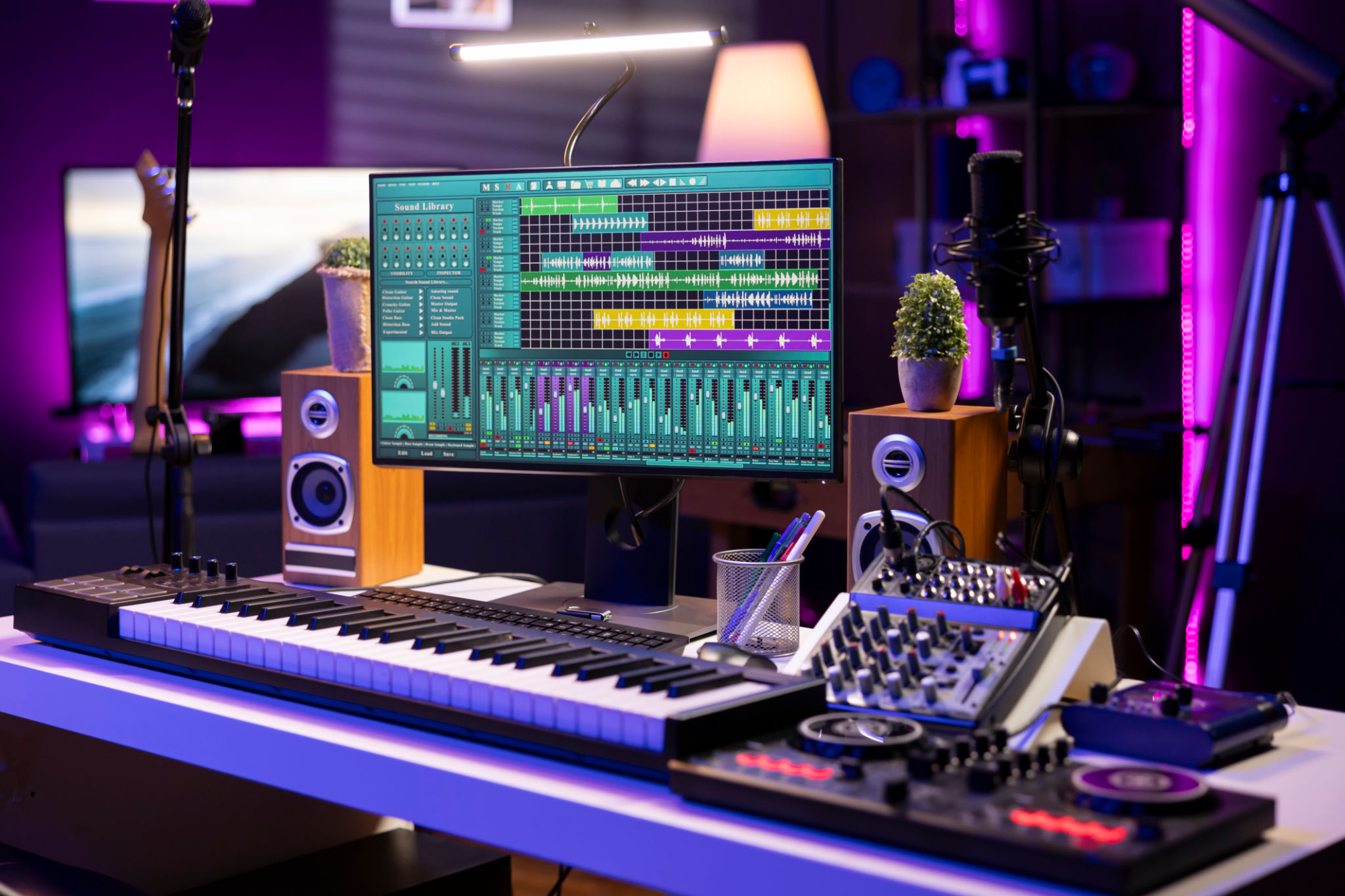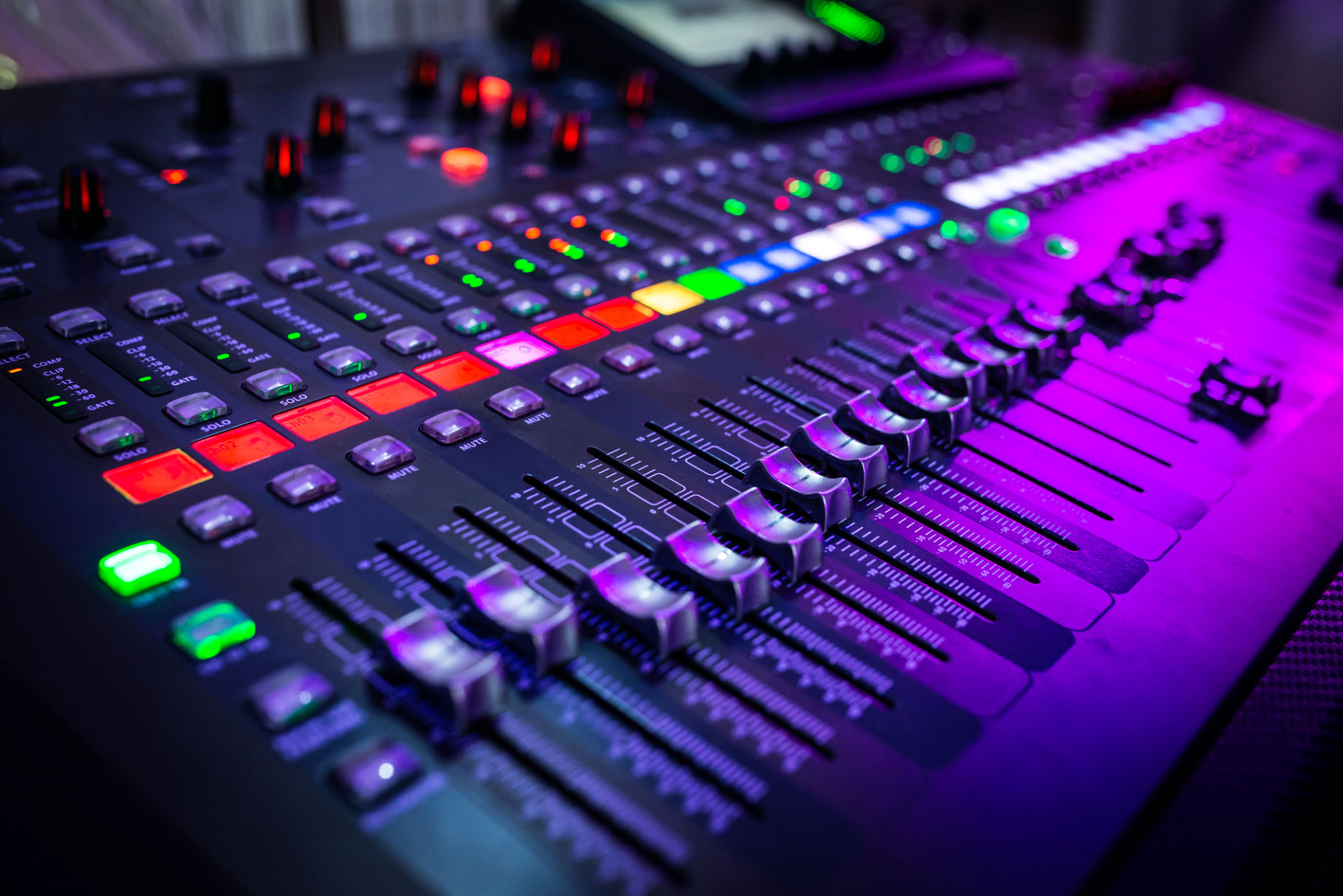10 Tips from Audio Production Experts to Enhance Your Sound
Understand Your Equipment
Before diving into the world of audio production, it's crucial to have a solid understanding of your equipment. Familiarize yourself with your microphones, audio interfaces, and digital audio workstations (DAWs). Knowing the ins and outs of your tools can significantly impact the quality of your production.
Each piece of equipment has its unique features and limitations. Spend time experimenting with different settings to discover what works best for your specific needs. This knowledge will help you make informed decisions during the production process.

Choose the Right Microphone
The choice of microphone plays a vital role in capturing high-quality sound. There are various types of microphones, such as dynamic, condenser, and ribbon microphones. Each type is suited for different recording environments and instruments. For instance, condenser microphones are great for capturing vocals due to their sensitivity and wide frequency response.
Invest in a good-quality microphone that fits your recording style and ensure it complements the sound you aim to produce. Taking the time to choose the right microphone can make a substantial difference in the clarity and richness of your recordings.
Mastering Your Environment
Optimize Your Recording Space
Your recording environment can greatly affect the sound quality. Aim to create a space with minimal background noise and optimal acoustics. Consider using acoustic panels or foam to reduce unwanted reflections and echoes. This will help in achieving a cleaner and more professional sound.

Additionally, be mindful of external noises like traffic or air conditioning units that may interfere with your recordings. A well-prepared recording space can enhance the overall quality of your production.
Techniques for Better Sound Quality
Proper Gain Staging
Gain staging is an essential technique to ensure that all your audio signals are at optimal levels. Avoid recording too quietly or too loudly, as this can introduce noise or distortion into your tracks. Aim for a balanced signal that leaves enough headroom to avoid clipping during mixing.
Regularly monitor your levels during recording sessions and adjust accordingly. This practice will result in cleaner recordings and provide more flexibility during the mixing and mastering stages.

Utilize Equalization and Compression
Equalization (EQ) and compression are powerful tools in shaping your sound. Use EQ to adjust frequencies, enhancing or reducing specific elements of your track. Compression can help control the dynamic range, ensuring consistency throughout your recordings.
Experiment with these tools to find a balance that suits your project. Proper use of EQ and compression can significantly enhance the professional quality of your audio production.
Continuous Learning and Practice
The world of audio production is always evolving, with new techniques and technologies emerging regularly. Stay updated by following industry trends, attending workshops, and learning from other professionals.
Finally, practice is key. The more you experiment and create, the more proficient you will become. Keep honing your skills, and over time, you'll notice a remarkable improvement in your audio production capabilities.
